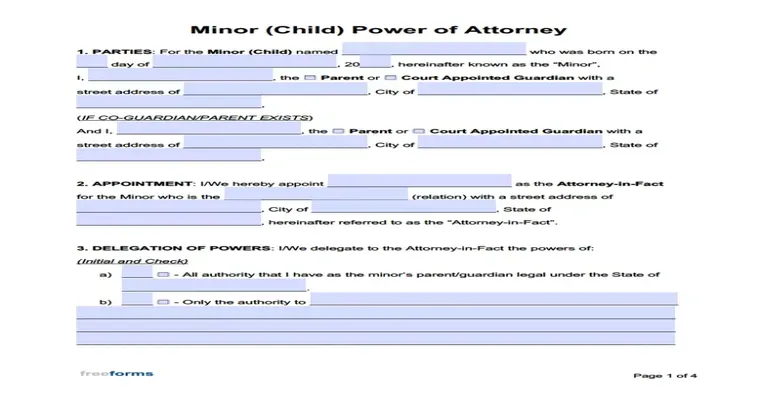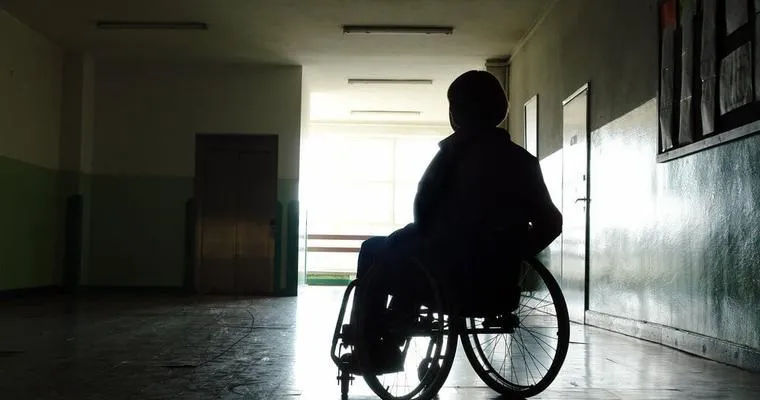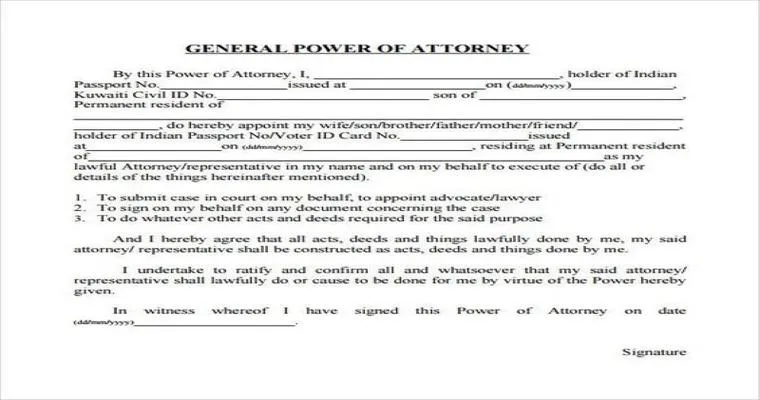Navigating the complex world of "psychiatric evaluations" and "power of attorney (POA)" can be a challenging journey, especially when it involves a loved one like your mom. If you are considering how to approach this sensitive subject, it is essential to understand the steps necessary to ensure her well-being while also protecting her rights and interests. This article provides an update on the process of getting mom to a psychiatric evaluation, which is crucial for enacting a "power of attorney".
The first step in this process is to recognize the signs that may indicate your mom needs a psychiatric evaluation. Common indicators can include noticeable changes in her behavior, mood swings, difficulty with daily tasks, or signs of confusion. If you've observed these issues, it may be time to discuss your concerns with her. Opening a dialogue about her mental health can be difficult, but it is necessary to approach the subject with compassion and understanding.
Once you have initiated the conversation, the next step is to seek the assistance of mental health professionals. It is advisable to consult with her primary care physician, who can provide valuable insights and possibly recommend a psychiatrist for the evaluation. Having a trusted medical professional involved can help alleviate your mom's fears and concerns about the process, making her more receptive to the idea of attending the evaluation.
In some cases, it might be necessary to consider a "court-ordered psychiatric evaluation" if your mom refuses to go willingly. This option should be a last resort, as it could create additional anxiety and strain on your relationship. However, if her safety or the safety of others is at risk, it may be the only avenue available to ensure she receives the help she needs.
Once the psychiatric evaluation is completed, the next crucial step is to discuss the results with the mental health professional. Understanding the findings will help you determine the best course of action regarding her care and the potential enactment of a "power of attorney". If the evaluation indicates that your mom is unable to make informed decisions about her health and finances, you may proceed with establishing a POA.
Establishing a power of attorney can provide peace of mind, not only for you but for your mom as well. It allows you to make critical decisions on her behalf, ensuring that her wishes are respected and her needs are met. Selecting a trusted individual to act as her agent is vital, as this person will be responsible for making significant decisions in her best interest.
Throughout this process, it is essential to remember that your mom’s autonomy and dignity should remain a priority. Providing her with support and understanding during these challenging times can help foster a positive environment, making it easier for her to accept the necessary evaluations and decisions.
In conclusion, getting your mom to a "psychiatric evaluation" is a significant step toward enacting a "power of attorney". By approaching the situation with empathy, involving medical professionals, and respecting her autonomy, you can navigate this challenging journey more effectively. Remember that seeking help is a sign of strength, and taking these steps will ultimately lead to better outcomes for your mom’s mental health and overall well-being.





